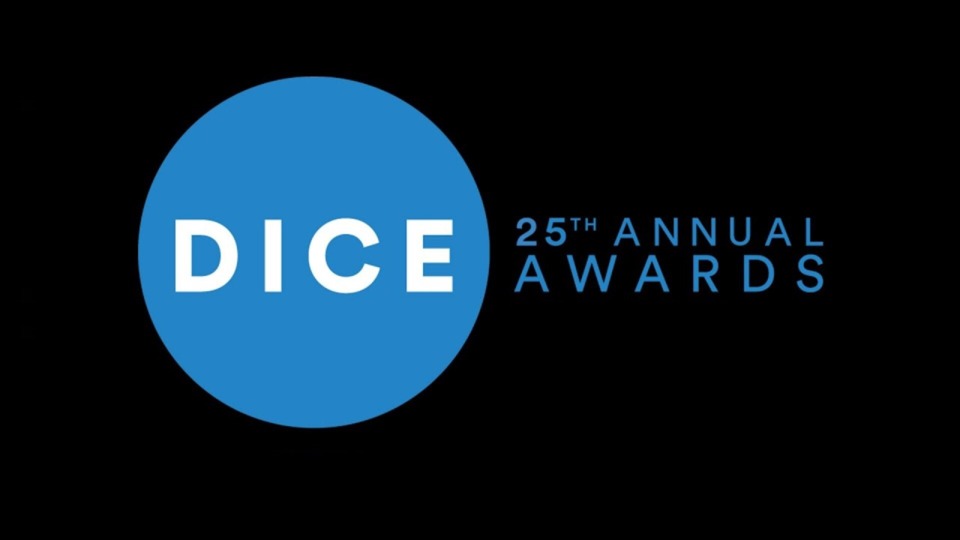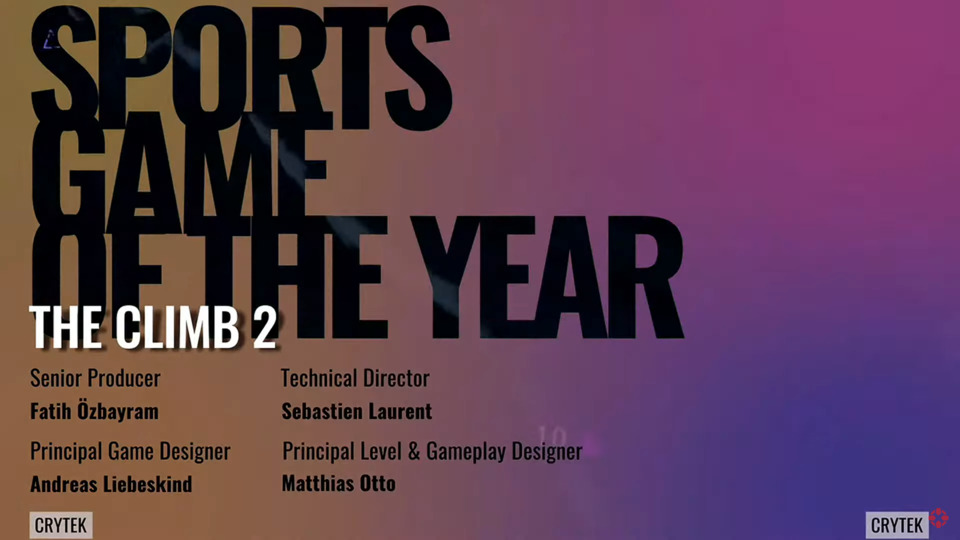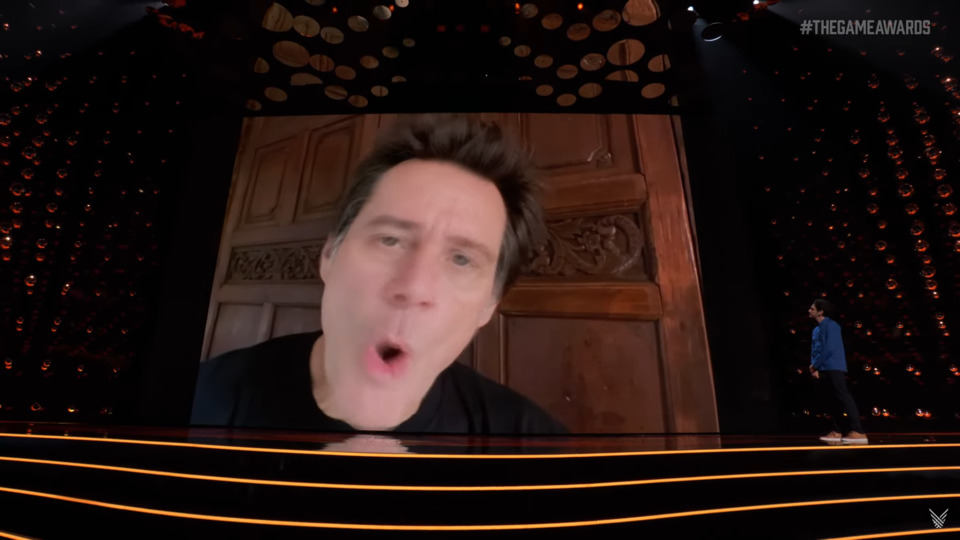What is an Award Ceremony Anymore?
By BRG 26 Comments

An award ceremony is a great way of highlighting a year of excellent releases and recognizing the talent and work it takes to bring said thing together. Whether it be video games, music, movies, TV shows, or any number of other mediums and categories, I think an award ceremony is important at adding a level of legitimacy to something by recognizing that there is skill and expertise needed to do it right and do it well. It turns a pastime into an artform, and it shows those who aren’t as aware of the industry that there is more to it than what meets the eye.
Video games have struggled with this idea for a long time. While more are accepting of this medium, many still see it as a childish pastime or as a mere toy rather than something with artistic integrity and seriousness similar to a book or movie. I believed one thing that could help alleviate this sentiment is a legitimate award ceremony similar to the Academy Awards. Unfortunately, the the most recognizable video game award ceremony at the moment is The Game Awards, and I would hardly call that legitimate. Between its flashiness, fondling over certain personalities like Hideo Kojima or Josef Fares, nominations that feel as though they were chosen by popularity rather than quality, and its clear lack of interest in the awards over new announcements are among some of the issues I have with the TGAs. I wrote about this issue in 2020, and it largely held up with 2021’s ceremony as well.
The Game Awards feels like an insult to what an award ceremony should be and what it represents. It also hurts with legitimizing video games as serious medium rather than just a children’s toy. Because of that, I’ve considered the D.I.C.E. Awards as the “Oscars of video games.” It isn’t as big, but it’s ran by a more official organization (The Academy of Interactive Arts and Sciences), it’s focused on awards, and the whole thing just feels more professional.
This blog exists because I wanted to talk about this year’s D.I.C.E. Awards, which happened on the 24th. Outside of my one blog complaining about the 2020 TGAs, my coverage of video game award ceremonies involves talking about whether or not I agree with each award given out, which eventually evolved into just talking about my highlights of the ceremony. I was planning on doing something similar for this year’s D.I.C.E. Awards. I was going to talk about how despite feeling low-budget, not being a big fan of their weird chibi award announcement screens, and finding most of the jokes to be misses rather than hits, I still preferred this style of award ceremony because it gave emphasis to each award in such a way that celebrates the different aspects of making a video game. I was going to praise how each nominee for each award displayed the people who worked on that specific aspect of the game, as well as the ceremony’s tight runtime and speeches from both Ed Boon and Phil Spencer. I was even going to talk about how I audibly said the f-bomb each time Loop Hero didn’t win the award it was nominated for. But all of that changed when Austin Wintory walked on the stage.

To be clear, I’m not really familiar with Wintory, and this isn’t really about him. It’s about what he said. While presenting the award for Outstanding Achievement in Original Music Composition, he said “As a side note, the Oscars announced this week that they were no longer going to televise the Best Score category. So not to channel Josef Fares but D.I.C.E. Awards, Oscars, interesting subjective lineup there.” I only saw this news in passing and didn’t think much of it, but this quote brought that news full-force into my noggin. As a way to combat last year’s low ratings, the Academy Awards will not broadcast eight awards: Best Film Editing, Best Makeup and Hairstyling, Best Live-Action Short Film, Best Documentary Short Subject, Best Original Score, Best Production Design, Best Sound, and Best Animated Short Film. These will instead be pre-recorded and edited into the broadcast with the hopes of making the ceremony “Tighter and more electric,” according to Academy of Motion Pictures, Arts and Sciences President David Rubin.
While I get wanting a tighter schedule by essentially cutting out the smaller awards (though I would hardly call something like Best Original Score a small award), it goes against what I believe these awards are for. It’s about celebrating all aspects of filmmaking, and not giving equal segments to all of them says aspects of film like editing or sound aren’t as important, which isn’t true. I used awards like the Oscars as a reference point to this exact argument in my 2020 TGAs blog to why all awards should be given equal treatment, but that isn’t the case anymore. While the argument can be made that something like makeup and hair styling isn’t as important as director, I think undercutting the work of a hair stylist still isn’t okay because it takes a small army to make a piece of entertainment like a movie, and removing one piece of that army no matter how big or small would mean an incomplete product.
I think this argument also leads to another argument of if these award ceremonies are meant for audiences or industry professionals. I personally believe award ceremonies like D.I.C.E. or the Oscars should be for the industry, no matter how boring they may be for audiences. Sure, they don’t have the flashiness or excitement of E3, but that’s not the point. It’s meant to celebrate the works of others and highlight a year of excellence, so I don’t really care about it being some spectacle for the viewer who isn’t going to appreciate each award as much as the other industry professionals sitting in the conference room or theater where the awards are being given. I think these ceremonies can be fun for both the audience and professionals, but I do not believe they should sacrifice their integrity for the sake appealing to a group of people who the ceremony shouldn’t be meant for.
Nevertheless, The Oscars and other award ceremonies care about their ratings, so they’re going to do what it takes to bring those numbers up. But when I think about the D.I.C.E. Awards, I never really think about them trying to get high ratings. Their whole presentation was rather mundane (in a good way), as there were no musical performances, weird extra bits like random interviews in the crowd, or even ad breaks. The whole thing felt like a ceremony by industry professionals, for industry professionals, and they decided to let the audience watch because it didn’t make a difference to them. When I think about last year’s Oscars, I think about how they wasted time with games while speeding through their In Memoriam section (which I was particularly salty about because my favorite film composer Ennio Morricone died that year and I thought the whole thing was disrespectful). I could write a whole blog about why I thought the Oscars last year failed (and it wasn’t due to Covid 19), but that’s for someone else to write.
Getting back on track, by the end of the D.I.C.E. Awards I concluded that they are more professional than the Academy Awards. The Academy Awards are now steering towards being a crowd pleaser like the TGAs at the cost of truly representing all aspects of the celebration of filmmaking while the D.I.C.E. Awards has remained focused on celebrating the industry in a way that feels professional, even if it isn’t as flashy (though it is a lot less time-wasting). This doesn’t even bring into account other factors like the Oscars attempting to bring in a diversity quota into the Best Picture category which means nominating films based on criterium outside of merit.
Using the Oscars as a reference on how to do it right was important to me not just because I wanted a frame of reference from another medium, but because that specific frame of reference also was the largest and most important award given out in that medium. That reference no longer applies now. It’s now a better comparison to the TGAs, which is exactly what I didn’t want to happen because it justifies this more crowd-pleasing approach for both mediums. The last thing I want to see is the Academy Awards follow in the footsteps of the TGAs by injecting movie announcements, product advertisements, and an excessive amount of musical performances and sketches while undercutting the awards for the sake of ratings.

So with the D.I.C.E. Awards being a more legitimate award ceremony in my head, a new question popped up for me: Is this what makes video games more accepting as an artistic medium similar to movies and books? I already know that the answer is no and that I ultimately believe it’s a generational thing more than anything else, but this award ceremony is about as professional as it gets. Just like any other good ceremony, the D.I.C.E. Awards separates the greats from the money machines and highlights the talents and skills needed to create these pieces of entertainment, and yet it doesn’t quite shine like the Oscars. When it comes to awards, a lot of people only really care about the big dogs, and the TGAs are the big dogs for the video game space (which I wouldn’t use as a showcase for why the games industry should be taken seriously). For as long as the D.I.C.E. Awards lives under the shadow of the TGAs, it won’t have the importance it deserves. One could argue that its importance doesn’t matter because it’s an award for professionals and they are the only ones who need to care about it, and I would agree with that. But I also think there could and should be greater appreciation by the audience, and I would much rather hang my hat on the D.I.C.E. Awards being the big award for games than the TGAs.
Maybe after reading all this, you think to yourself that the old, more traditional style of award ceremony isn’t for you because you don’t care about the awards as much as the announcements or you just find them boring. That’s totally fine, as these award ceremonies aren’t for you. Maybe this is the evolution of the award ceremony: an event for ratings rather than an event for professionals. But while these big award shows lose their identity and what it means to truly celebrate the art of the craft, I believe ceremonies like the D.I.C.E. Awards will exist to correct things. Ultimately, I want to see a reversal. I want to see focused ceremonies like the D.I.C.E. Awards be on the top of the food chain while others like TGA live under its shadow. I want a ceremony that doesn’t really care whether or not I watch because it’s going to happen regardless of viewership. It may be more boring, but the second it becomes about what the viewer want is the second it loses who these awards are really for. Award ceremonies aren’t meant for viewers, and I believe the D.I.C.E. Awards is an example of how to do it right.
